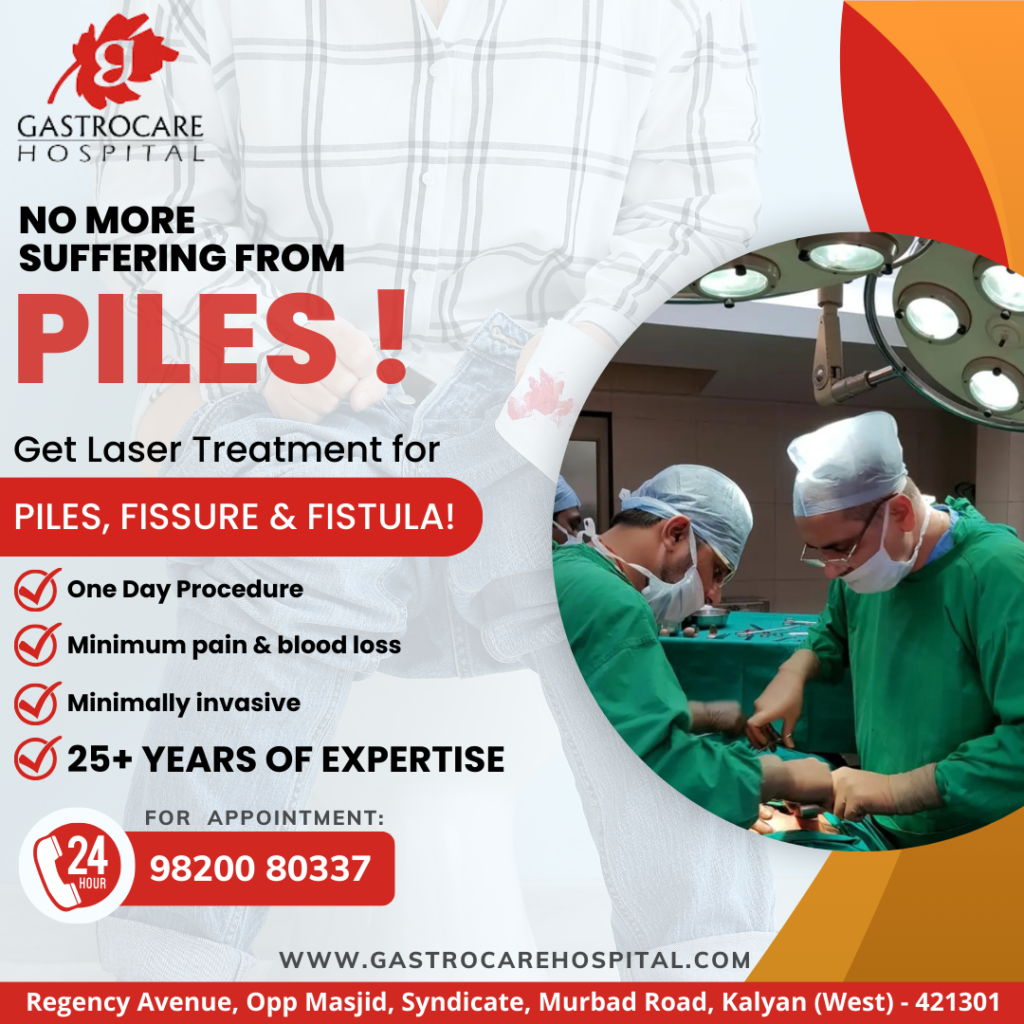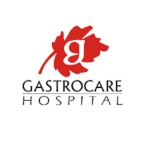Fissure Treatment
- HOME
- FISSURE TREATMENT

ANAL FISSURES
Anal fissures are painful tears or cracks in the lining of the anus, often caused by trauma during bowel movements. While they can be uncomfortable and distressing, with proper care and treatment, most anal fissures can be managed effectively.
Symptoms of Anal Fissure (may vary person-to-person):
Anal fissures often bring about sharp, severe, and stabbing pain, especially during and after bowel movements. Additionally, they can lead to the presence of bright red blood on stools or toilet paper, which, although typically minor, can be concerning. The open wound can cause itching and irritation around the fissure, adding to the discomfort. Some individuals may experience involuntary muscle contractions in the anal area, known as anal sphincter spasms, further intensifying the pain. The skin surrounding the fissure may also be sensitive to touch, causing tenderness even when not actively passing stool. Difficulty in bowel movements due to the associated pain and muscle tension can result in constipation or straining, potentially worsening the fissure.
What Causes Anal Fissures ?
Anal fissures can arise from various factors – Excessive straining during bowel movements can lead to the tearing of delicate anal tissues. Similarly, passing hard or large stools exerts significant pressure on the anal canal, potentially causing a tear. Chronic constipation, characterized by difficulty in passing stools, can contribute to the development of fissures over time. On the other hand, frequent episodes of diarrhea can irritate the anal area, increasing susceptibility to fissures. Additionally, rough or forceful anal intercourse, as well as the stretching of the anal canal during childbirth, can also lead to the formation of anal fissures. These diverse factors can all contribute to the onset of this uncomfortable condition.
Schedule Your Appointment !
Treatment Options:
Certainly! When it comes to the treatment of anal fissures, individuals have two main options: Non-surgical and Surgical interventions.
Non-surgical treatments: For those grappling with anal fissures, non-surgical treatments prove instrumental in easing discomfort and facilitating healing. Over-the-counter creams or ointments containing hydrocortisone effectively combat inflammation, aiding the recovery process. Dietary adjustments, such as increasing fiber intake and maintaining hydration, soften stools, promoting smoother passage and reducing the risk of further irritation. Sitz baths, involving warm water immersion for 10-15 minutes several times a day, offer soothing relief and contribute to the healing process. Stool softeners prove invaluable in averting constipation, making bowel movements less painful and mitigating strain. In specific cases, physicians may prescribe medications that relax the anal sphincter, further fostering healing. Additionally, Botox injections, targeting the anal sphincter muscle, induce relaxation, allowing fissures to heal effectively. These non-surgical options present valuable solutions, offering relief and crucial support for the healing journey.
Surgical Treatment for Piles:
- Lateral Internal Sphincterotomy (LIS)
Lateral Internal Sphincterotomy (LIS) is a surgical procedure commonly used to treat chronic anal fissures that haven’t responded to non-surgical interventions. It involves a targeted incision in the internal anal sphincter muscle, which is a ring-like muscle that surrounds the anus and controls bowel movements. This procedure is designed to alleviate the pressure on the fissure, promote blood flow to the area, and ultimately facilitate healing.

FAQs
Yes, small fissures may heal on their own with proper self-care. However, chronic or severe fissures often require medical intervention.
With appropriate treatment, most fissures heal within 4-6 weeks. Chronic fissures may take longer.
Untreated or recurrent fissures can lead to complications like anal stenosis (narrowing of the anal canal) or abscess formation.
Yes, maintaining a high-fiber diet, staying well-hydrated, and avoiding straining during bowel movements can help prevent the development of fissures.
While surgery is a highly effective option for chronic fissures, it is usually considered after conservative treatments have failed.
Posted onTrustindex verifies that the original source of the review is Google. Dr.yogesh palshetkar sir is very patient and listen all health issues very politely and give more time and don't tell to do any no needed medical test .all staff is also respectfull nurses and reception madam .Posted onTrustindex verifies that the original source of the review is Google. Best service given of cashless mediclaim facility with hassle free cashless claim by Miss.Anshula from mediclaim department Thanks for her support and coordination she is a gem of a person...and was waiting till approval .... Thanks to hospital tooPosted onTrustindex verifies that the original source of the review is Google. Iam sharing my personal experience with this hospital after 3 months of surgery of my younger brother....my brother's appendix laperoscopic surgery done by DR. YOGESH PALSHETKAR Sir , who is excellent in his practice with the experience of more than 25 yrs, very smoothly he done the operation within 3 days discharged and patiient is ok till now no pain, no discomfort. Hospital staff is polite, all nurses & mavashi's are very caring. I specially want to thank ANSHULA Madem who done the Cashless procedure very easy for us. Thank you all team of Gastrocare kalyan. I recommend this hospital to all of you.Posted onTrustindex verifies that the original source of the review is Google. Great experience with Gastrocare hospital, the staff is very supportive, doctor is very helpful they will explain everything and all the treatment options for your problem. Also, special thanks to Anshula Mam, who took lot of effort in mediclaim settlement, She is great human being, friendly behaviour, she teaches lot of things which help in real life...My wife is feeling well now...thanks once again😊🙌Posted onTrustindex verifies that the original source of the review is Google. I am very Glad & Very Thankful for Caring Patient in Gastrocare Hospital, Dr Yogesh Palshetkar's assume Treatment with Good Support & Care & Thankful to Anshula Mam who helped me in Claim Process Settlement. 😊Posted onTrustindex verifies that the original source of the review is Google. Dr Yogesh Palshetkat Sir is very patient and listen to your all health issues and give more time Great medical office, wonderful and warm experience from start to finish. Appreciate Dr taking time to go over the diagnosis clearly and treatment options Gastrocare is one of the best hospital in Kalyan. Highly recommended :)
